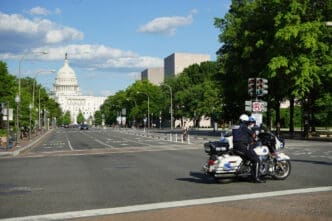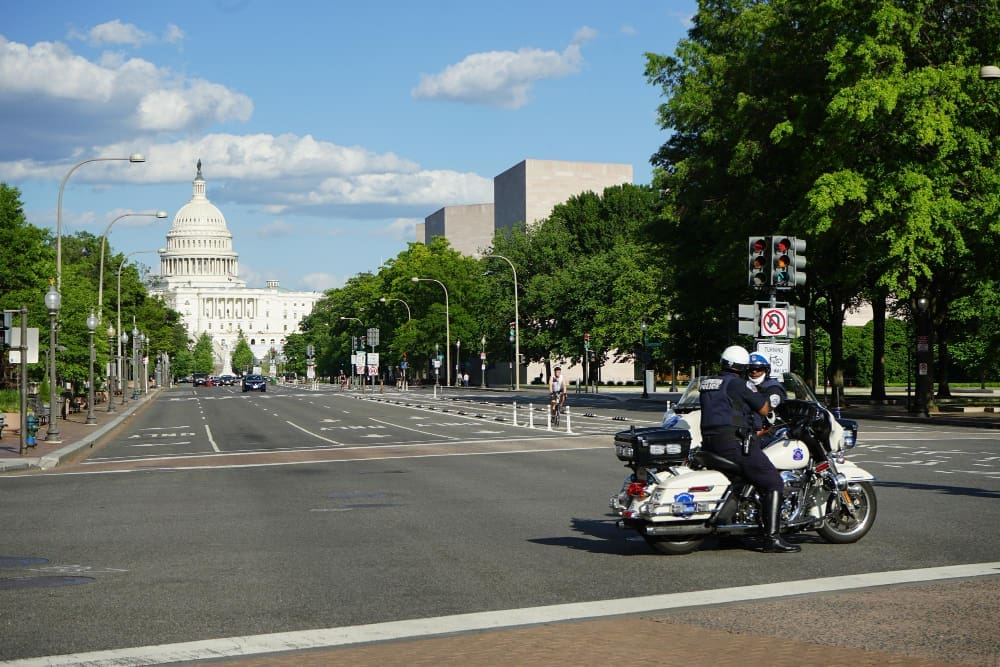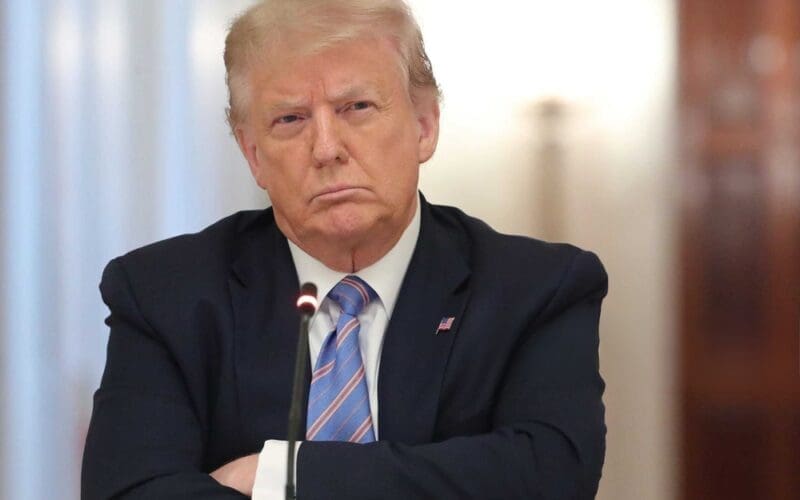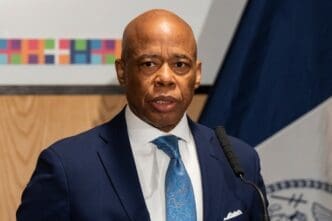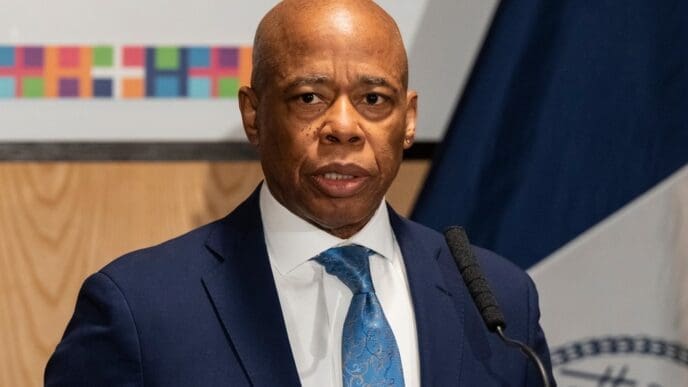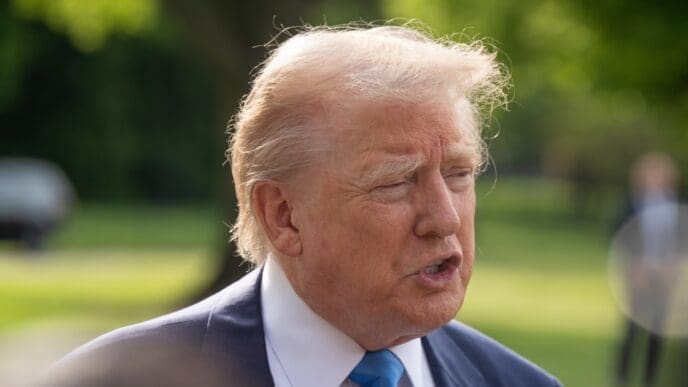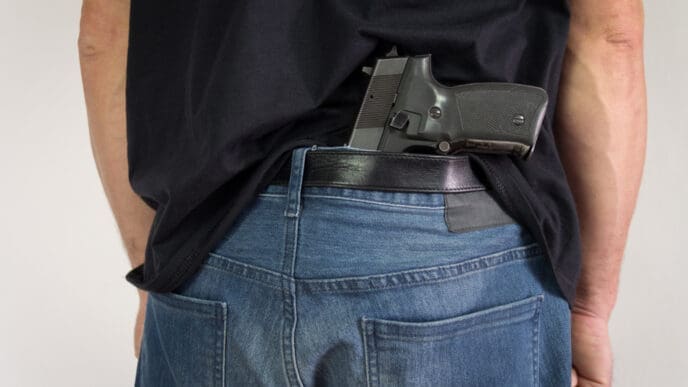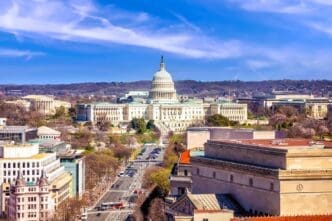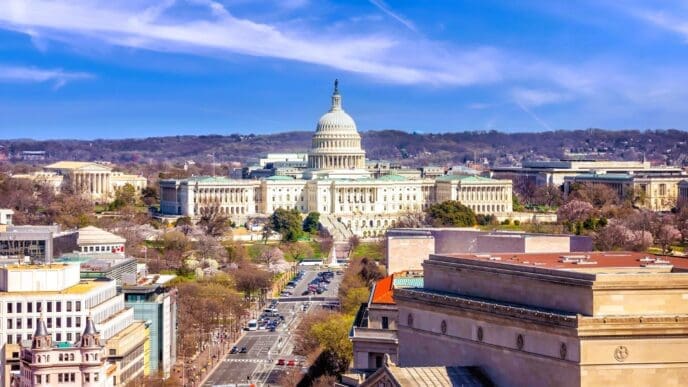KEY POINTS
- A federal judge ordered the Trump administration to revise its executive order appointing an “emergency chief” for the D.C. Metropolitan Police Department (MPD) following a lawsuit by D.C. Attorney General Brian Schwalb.
- The revised order routes federal directives through the Mayor’s office, which D.C. officials view as a “win for Home Rule,” despite the Trump administration retaining effective control over the MPD.
- MPD Chief Pamela Smith strongly opposed the federal takeover, stating it puts officers and residents at “grave risk,” while public protests also voiced concerns about safety and First Amendment rights.
Washington, D.C., is challenging the Trump administration’s takeover of its police department through a lawsuit, with a federal judge ordering the Justice Department to revise an executive order that appointed an “emergency chief” for the Metropolitan Police Department (MPD).
Legal Challenge and Judicial Intervention
The lawsuit, filed by D.C. Attorney General Brian Schwalb, seeks to block the Trump administration’s directive, which designated Drug Enforcement Administration (DEA) Administrator Terrance Cole as the district’s “emergency police commissioner” with full control over the MPD. A federal judge gave the Justice Department until 6:30 p.m. to rewrite the order or face a temporary restraining order against the administration.
During a Friday hearing, U.S. District Judge Ana Reyes urged both sides to negotiate a resolution. Judge Reyes, appointed to the D.C. District Court in February 2023, focused on the distinction between the White House requesting services from the MPD and issuing direct commands or overriding local laws.
Modified Control and Local Reactions
Despite the judge’s order for a rewrite, the Trump administration is expected to retain effective control over the MPD, albeit through a modified process. Under the revised order, DEA Administrator Cole will serve more as a liaison to the D.C. government, with directives routed through Mayor Muriel Bowser’s office rather than directly to MPD Chief Pamela Smith.
D.C. Attorney General Brian Schwalb hailed the hearing’s outcome as a “very important win for Home Rule,” emphasizing the Justice Department’s agreement to amend the order. Mayor Muriel Bowser echoed this sentiment, expressing encouragement by the judge’s remarks and the federal government’s willingness to make changes.
However, Schwalb maintained that the administration’s actions constitute a “hostile takeover” that infringes on the district’s self-governance, asserting that the Home Rule Act clearly defines when the president can request “limited services” from the MPD, to be provided by the mayor and chief of police, not through a direct federal command.
Legal Perspectives and Duration of Takeover
CNN senior legal analyst Elie Honig suggested that D.C.’s lawsuit faces an “uphill climb” due to the broad language of Section 740 of the Home Rule Act. This section states that the mayor “shall provide such services of the Metro PD as the President may deem necessary and appropriate,” which Honig noted is very broad and could be interpreted to support the president’s assessment of necessity.
The Trump administration agreed that its control over the D.C. police would conclude after a 30-day period unless extended by Congress. President Trump has indicated his intention to seek congressional approval for an extension of the takeover.
Concerns from Police Leadership and Public Protests
MPD Chief Pamela Smith voiced strong opposition to the federal takeover, stating in a court filing that it places officers and residents at “grave risk.” Smith asserted that in her nearly three decades in law enforcement, she had “never seen a single government action that would cause a greater threat to law and order than this dangerous directive.” She also confirmed that she was unaware of President Trump’s plans until his public announcement.
Simultaneously, demonstrators gathered outside MPD headquarters on Friday to protest the federal intervention. Protesters expressed fears about personal safety, concerns about their First Amendment rights, and anecdotes of residents being stopped and asked for documentation, describing the situation as “terrifying” and “mind boggling.”
Law Enforcement Operations
A White House official reported that 33 people were arrested in Washington, D.C., on Thursday night, including 15 undocumented immigrants. The official stated that twenty multi-agency teams, comprising over 1,750 participants, were deployed across the district “to promote public safety and arrest violent offenders.” Arrests included individuals with warrants for first-degree murder, first-degree rape, aggravated assault, and drug-related offenses. Additionally, three multi-agency teams were assigned to clear homeless encampments.
Background and Context
- The lawsuit challenges the Trump administration’s executive order that appointed an “emergency chief” for the Metropolitan Police Department, which D.C. officials have labeled a “hostile takeover.”
- This legal dispute centers on the interpretation of the Home Rule Act, with Washington D.C. asserting that the federal directive infringes upon its established rights to self-governance and local control over its police force.
Impact & Implications
- D.C. government officials and residents oppose the federal takeover of the police department, viewing it as a “hostile takeover” that infringes on “Home Rule” and poses a “grave risk” to the district.
- The Trump administration justifies its intervention as necessary “to promote public safety and arrest violent offenders,” aiming to retain effective control over the MPD and seek congressional approval for an extension.
- A legal analyst suggests D.C.’s lawsuit faces an “uphill climb” due to the broad language of the Home Rule Act, which grants the President significant discretion in deeming necessary services from the MPD.
Different Viewpoints
Despite a federal judge ordering a procedural modification, the Trump administration retains effective control over D.C.’s police department, fueling an ongoing legal and political battle over the district’s self-governance. This dispute sets a significant precedent for presidential authority over local law enforcement, potentially impacting public safety, civil liberties, and the principle of Home Rule in the nation’s capital. The situation remains volatile, with the federal takeover potentially extending beyond its initial 30-day period.
Conclusion
The legal battle over the Trump administration’s federal takeover of the D.C. police department continues, with a federal judge’s intervention leading to a procedural modification of the order. While D.C. officials claim a win for Home Rule, the Trump administration retains effective control, setting the stage for ongoing discussions and potential further legal challenges concerning the scope of presidential authority over the district’s self-governance and law enforcement.

